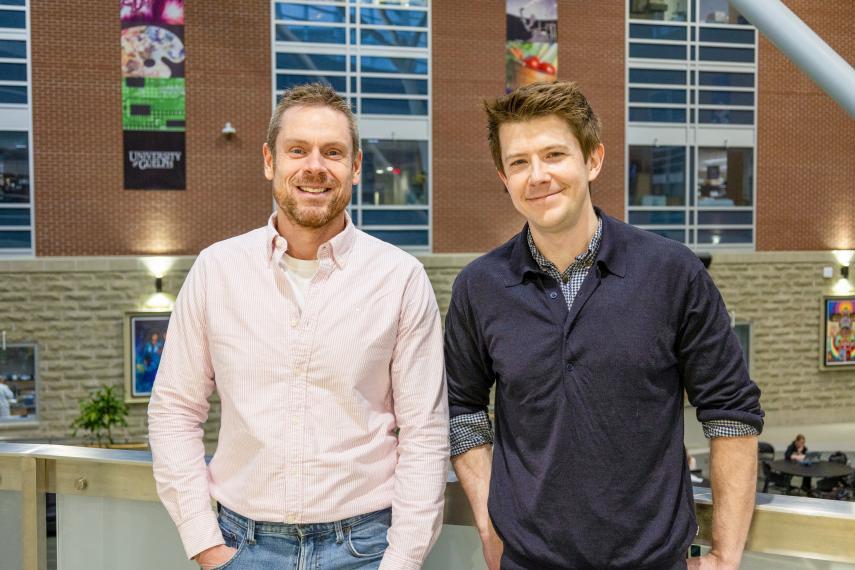
U of G Professors are Bridging the First-Year Calculus Knowledge Gap
U of G Professors implement MathMatize, a platform that offers randomized math skill quizzes.

U of G Professors implement MathMatize, a platform that offers randomized math skill quizzes.

U of G researchers explore how adding more genres reduces AI’s accuracy in classifying music tracks.
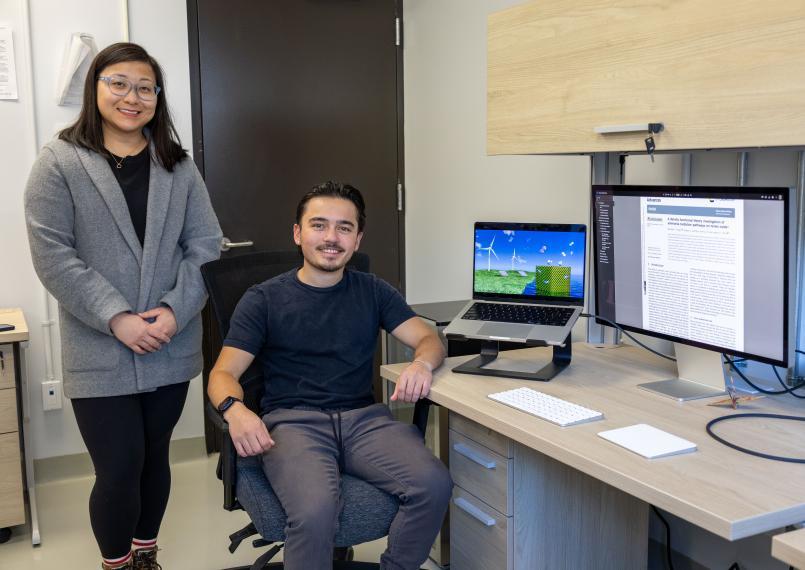
Dr. Leanne Chen and master’s student Brendan Paget use computational modelling to advance nickel oxide for cleaner fuel-cell energy.
U of G researchers found a boron “tag” helps sulfur-based molecules react more selectively, improving efficiency in drug development.
University of Guelph researchers bring structural biology and physics together to explore protein behavior, unlocking new paths in health and disease.
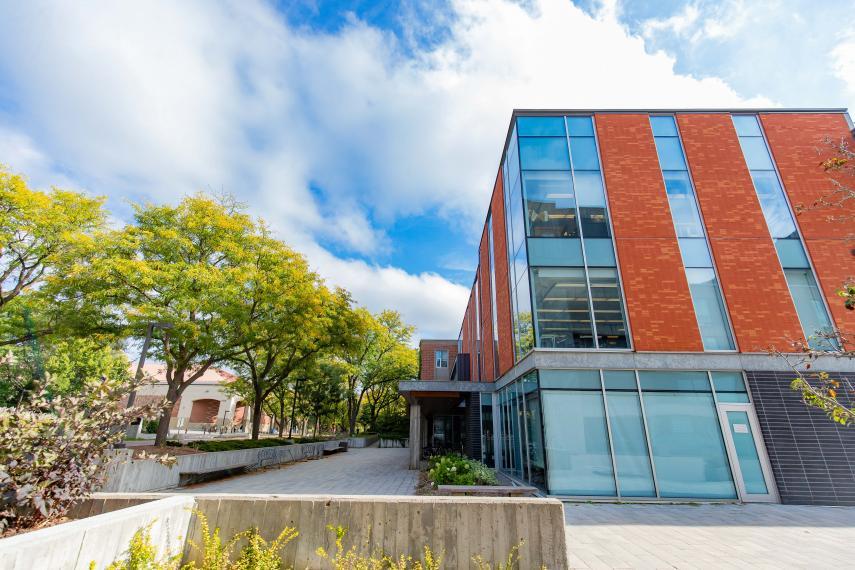
A U of G initiative transforms global weather access for researchers in 4,000+ locations.
CGAN’s and machine learning that generate pseudo-CT images could revolutionize veterinary medicine.

Researchers develop an algorithm to detect insurance fraud patterns with 91% accuracy, aiding insurers and protecting policyholders.
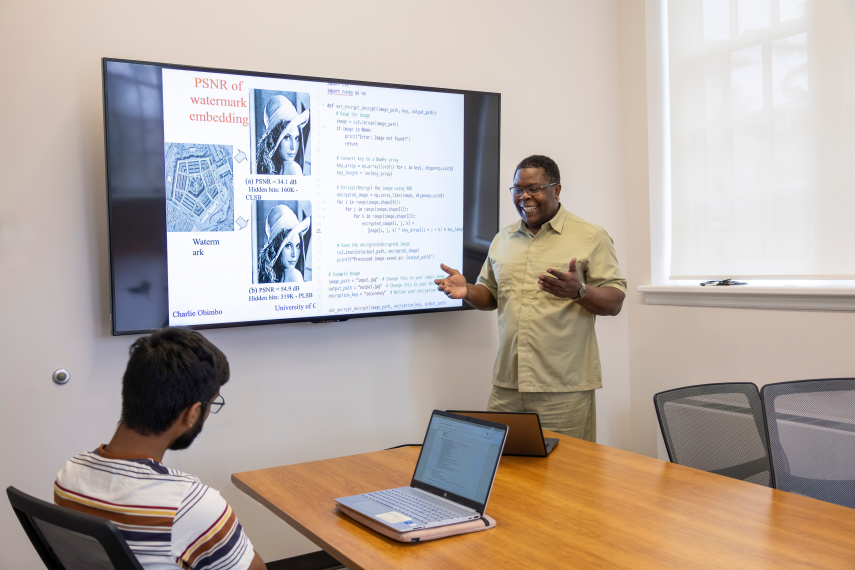
A new hybrid algorithm has been developed by Dr. Charlie Obimbo to enhance image encryption security while maintaining efficiency.
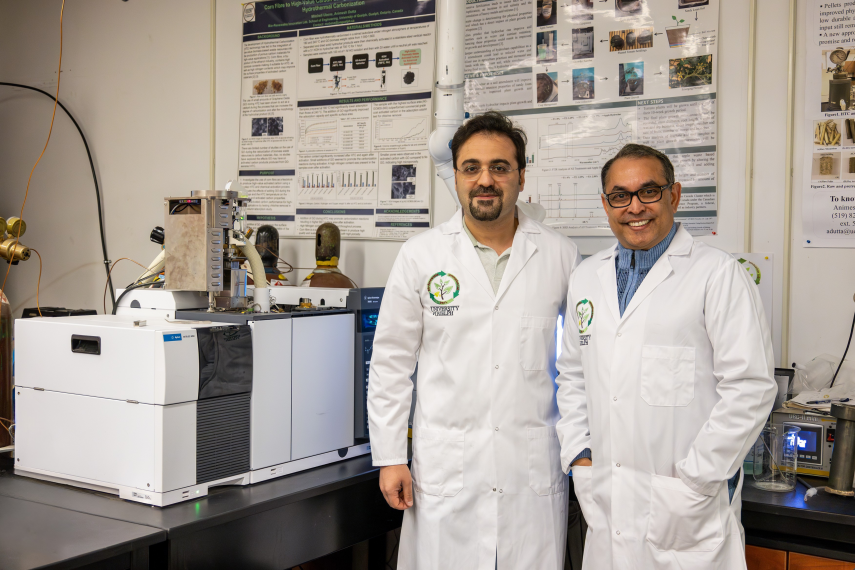
Drs. Animesh Dutta and Omid Norouzi are improving methods to turn organic waste into energy.